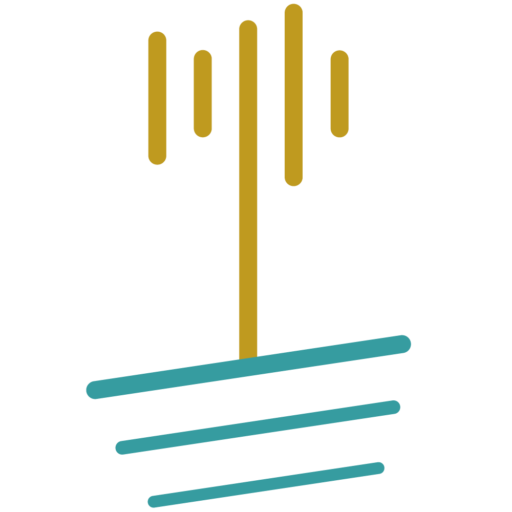Approximately 280 million people speak Portuguese as their mother tongue. It is the fifth most spoken language in the world.
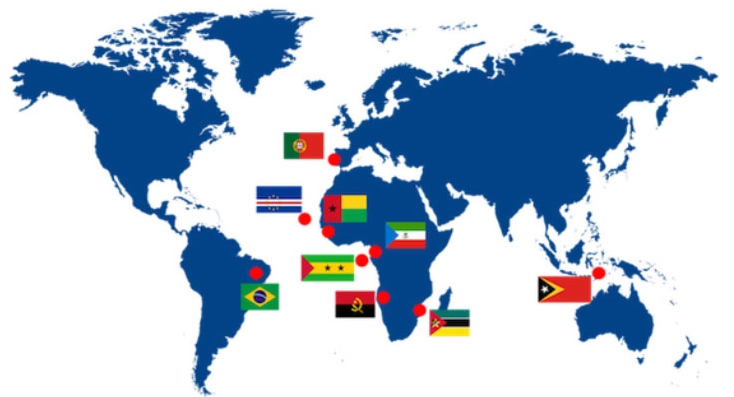
What is the origin of the Portuguese language?
Its origins are rooted in Galician-Portuguese, a language spoken in the Middle Age in Galicia and Portugal. The Portuguese spread to Africa, Asia, and America during colonialism. It is also one of the official languages of the European Union, the African Union, Mercosul, and the Union of South American Nations, among others.
Which countries speak Portuguese?
Portuguese is the official language of nine countries, according to the Comunidade dos Países da Língua Portuguesa. It is also spoken by part of the population of other territories such as Daman and Diu (territory of the Union of India); Flores Island, Indonesia; Macau, China; Malacca, Malaysia; ABC Islands, Caribbean; Goa, India and Batticaloa, Sri Lanka.
In South America, there are Portuguese-speaking communities in Paraguay, Uruguay, Venezuela, and Guyana. However, it is not the official language.
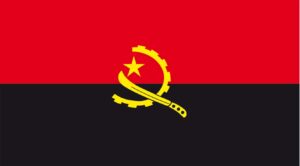
Angola, Africa
Angola was a Portuguese colony and became independent in 1975. Portugal’s influence in the territory began in the 15th century. Portuguese is the official language besides other national languages such as Kimbundo.
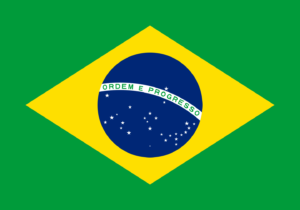
Brazil, America
The only country in America where people speak Portuguese, Brazil, was colonized by Portugal. In 1500, Portugal began exploring the Brazilian territory, but this country became independent in 1822.
The language is spoken by almost the entire local population, influenced by native languages and other European languages. According to data from the IBGE (Brazilian Institute of Geography and Statistics), Brazil has around 305 ethnic groups that speak around 274 different languages.
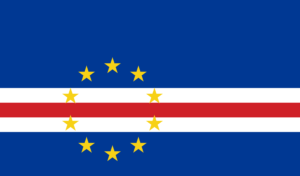
Cape Verde, Africa
Located in an archipelago in the Atlantic Ocean, Cape Verde is a country near the African coast. Portugal explored and colonized the territory which only became independent from Portugal in 1975. Portuguese is the official language of Cape Verde, however, other languages such as Cape Verdean, English, and French are also spoken.
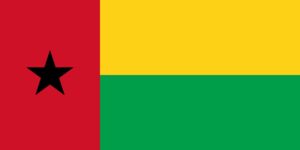
Guinea-Bissau, Africa
Being under the rule of Portugal until 1973, Guinea-Bissau was known as Guinea Portuguesa. Upon gaining independence, the country changed its nomenclature, adopting the name of its capital to avoid being confused with another African country, Guinea. A little over 27% of the population speaks Portuguese, the official language. The rest speak Kriol, which is a native language.
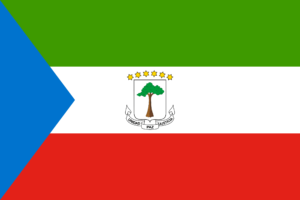
Equatorial Guinea, Africa
Also located in Africa, Equatorial Guinea is a country colonized by Portugal. The colonization and exploration process began in 1471 and remained in control until mid-1778 when they ceded the territory to Spain. Portuguese is one of the official languages along with French and Spanish. In 2014, it joined the Community of Portuguese Speaking Countries.
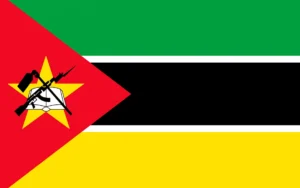
Mozambique, Africa
In 1498, Vasco da Gama recognized the territory of Mozambique, and in 1505 it was annexed to the empire of Portugal. In 1975, Mozambique gained its independence. Portuguese is the official language of this African country, however, other native languages are spoken in the territory such as Sena, Makua, and Tsonga.
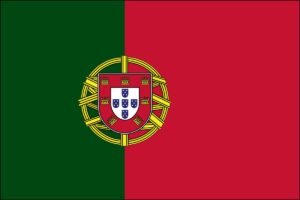
Portugal, Europe
Located in Europe, it was occupied by peoples such as the Galicians, Celts, and Lusitanians. Portugal was a large empire responsible for colonizing territories in different continents, including Brazil. In 1290, Portuguese was adopted as the official language of the country. Mirandês is also spoken in this territory.
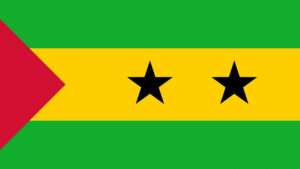
São Tomé and Príncipe, Africa
Located in Africa, São Tomé e Príncipe is an island, its territory was discovered by Portugal in 1470. It became a colony during the 16th century and gained its independence in 1975. The official language is Portuguese, spoken by approximately 98% of the population. There are speakers of other languages in the territory, such as the Cape Verdean Creole, Forro, and Angolan.
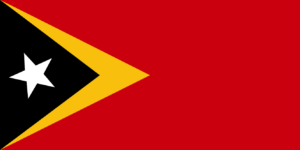
Timor-Leste, Asia
The only country on this list located on the Asian continent, Timor-Leste was colonized by Portugal in the middle of the 16th century. It was known as Portuguese Timor. In 1975, the country became independent. Portuguese is one of the official languages along with Tetum. Other 31 languages are spoken such as Fataluco, Mambai, Idalaca, Baiqueno among others.

Federico Giannattasio is a conference interpreter and translator working since 2015.
He has worked in Italian television and Radio for the production of information and entertainment TV programs. He has provided interpretation for major events such as TEDx; worked for Italian and foreign NGOs (Amnesty International) and also worked in the religious field.
Furthermore, he is an Adjunct Professor at UNINT Rome University since 2016 where he teaches translation and interpreting from Portuguese into Italian.
As of today, he also published three Portuguese novels translated into Italian.
